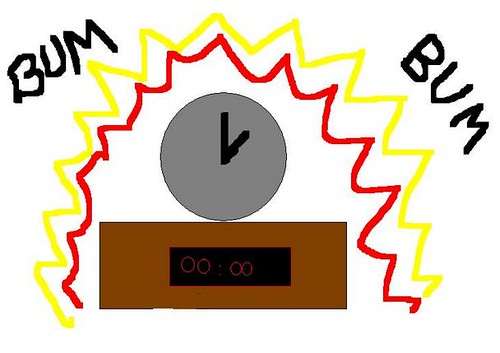Today, July 24, Dr. Joan Shin conducted a very interesting workshop on Teaching English to Young Learners (TEYL). As usual, in the lines below, I will try to summarize what I learned from her and from my colleagues in this workshop.
English has become a lingua franca and in the globalized world we live in. In many countries it has also become a symbol of status and prestige. Besides that, there is a belief that starting learningn thenlanguage earlier is better. As a result of these facts, governments in many countries have implemented policies that oblige schools to make the teaching of English mandatory at younger and younger ages. In addition, parents also feel the need to give their offsprings a lead in the competition for better jobs, and as a consequence, are placing their children in language institutes at earlier ages.
This demand for an earlier exposure to English places an extra resposibility on school admisnistrators and on teachers' shoulders: they need to come up with best practices for teaching taking into account all the peculiar chacteristics of young learners. Such practices .involve, among other things, designing a curriculum that is appropriate to their age, training teachers in methodology that caters to young learners emotional and psychological development, and building an atmosphere that makes students life long learners. In this respect, Dr Shin's workshop was really helpful once she conducted a series of activities that were practical, enjoyable, purposeful, and meaningful. Besides that, she also gave us hints on adapting these activities to our context.
To those not familiar with the field of teaching, the task of teaching young learners might an easy one. However, as participants pointed out, there are many challenges to be addressed. Among those problems are: the number of hours dedicated to instruction, the lack of support from parents for exposure to target language outside the classroom, and limited linguistic competence of teachers. Some of these problems require a dramatic change in policies at the government level and there is not much we teachers can do about them. However, all of us believe in the power we have as multipliers. Change that is lasting has to be a bottom up process. So, while governments do not change policies, we can try to reach our peers. And that was exactly what we started doing in the afternoon session: try to come with ideas that promote professional development in our local teaching communities.

2 comments:
Hey, JA, as u can see i am following you. I've just done a workshop with my teachers and discussed TEYL and was 1 of the topics they most liked. I adapted Dr. JS's PPP and passed some handouts, but i found your synthesis very clear helpful. Shall i use it for further trainings? I can see you are learning a lot and are enjoying.
Looking forward to more post from you and wishing u all the best at the UMBC.
Hi Elsa,
I am really happy you are following my blog. This will give me an extra reason to share what I am learning here. I like writing blog posts because it helps me reflect on my learning. Besides that, it gives an opportunity to share my perspective on things with my peer teachers (such as yoursel). Again, thanks for your support and your comment. Yes, you sure can use my summary for further training.
Post a Comment